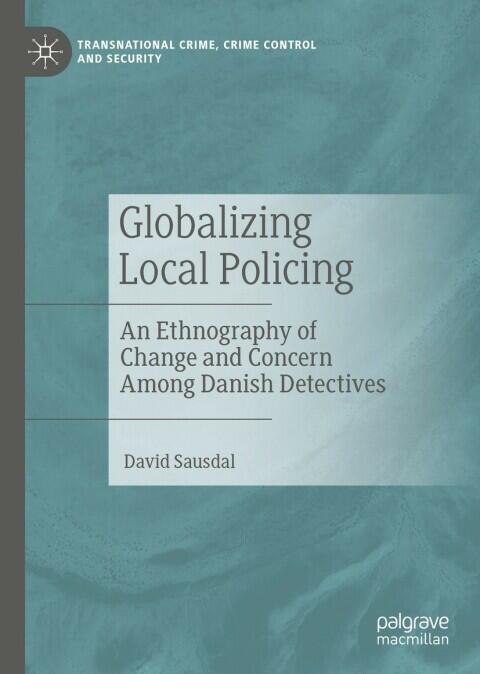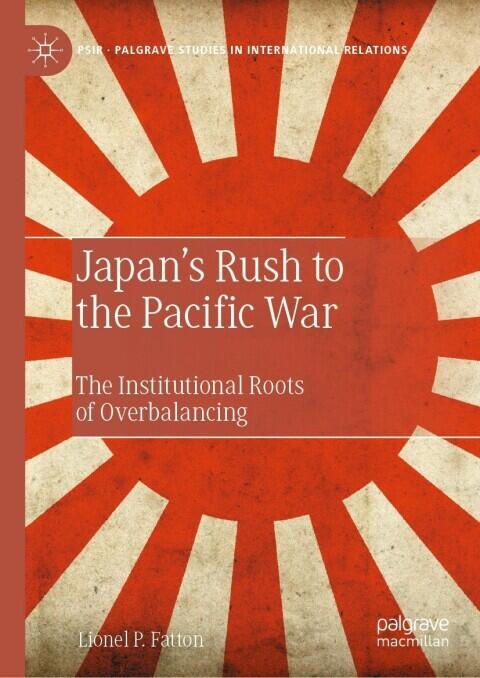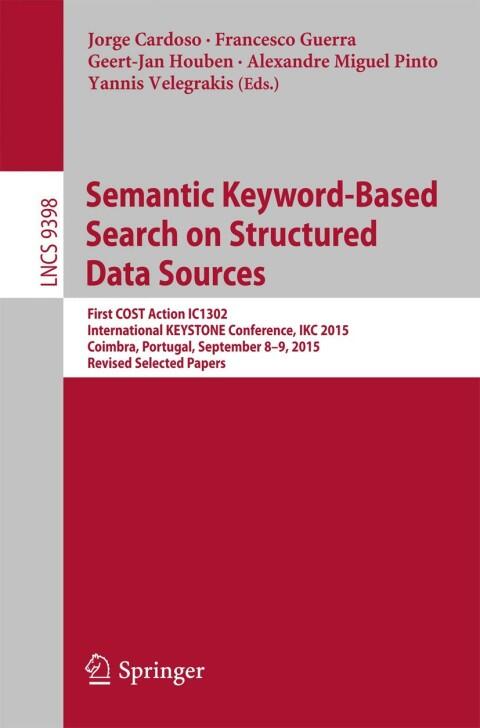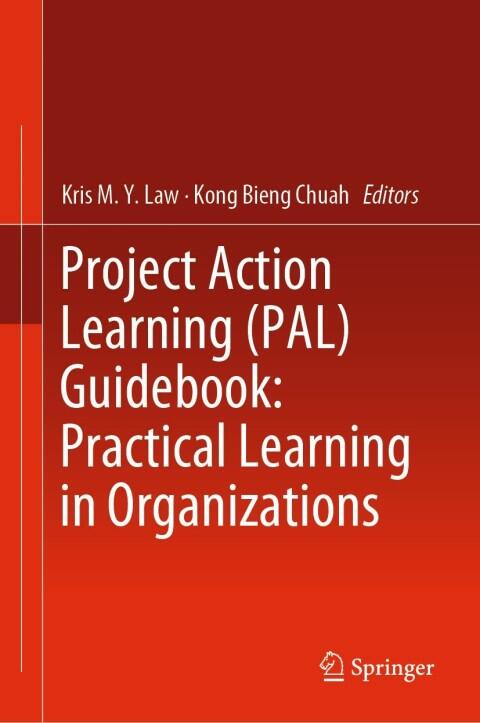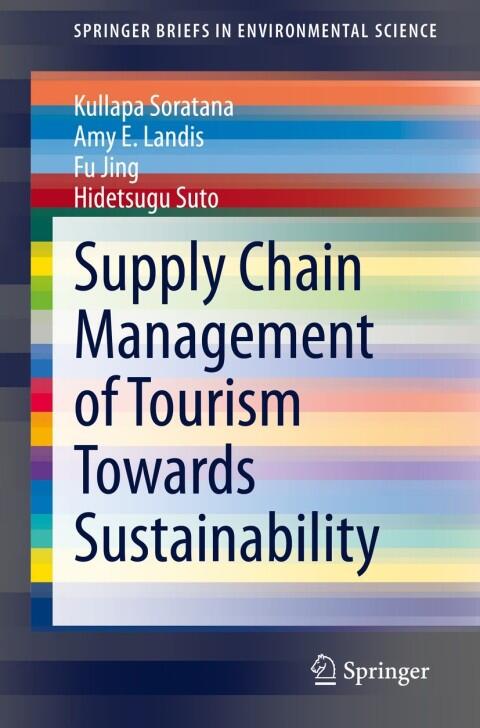
Supply Chain Management of Tourism Towards Sustainability
작성자
Kullapa Soratana
,
Amy E. Landis
,
Fu Jing
아직 평점이 없습니다
Science & Technology
Business & Economics
Travel
+1
more
형식
킨들
페이지
101
언어
독일어
출판됨
Jan 1, 2020
출판사
Springer
판
1st ed. 2021
ISBN-10
3030582256
ISBN-13
9783030582258
설명
Focusing on the intersection of tourism and sustainability, this work delves into the intricacies of supply chain management within the tourism sector. The authors explore how applied life cycle assessments and innovative supply chain strategies can significantly enhance sustainability practices, reflecting an urgent need for the industry to adapt to evolving environmental expectations.
Through a multidisciplinary lens, the text investigates various aspects of tourism logistics, highlighting the challenges and opportunities that arise from integrating sustainable practices into existing frameworks. With insights from experts in environmental science and logistics, it provides valuable methodologies and case studies that illuminate pathways toward a more responsible and eco-friendly tourism sector.
Moreover, the discussion encourages readers to rethink traditional tourism models, advocating for a shift towards sustainable tourism practices that not only benefit the environment but also enhance the overall experience for travelers. By employing a systems approach, the authors aim to inspire stakeholders across the industry to embrace a more sustainable future.
Through a multidisciplinary lens, the text investigates various aspects of tourism logistics, highlighting the challenges and opportunities that arise from integrating sustainable practices into existing frameworks. With insights from experts in environmental science and logistics, it provides valuable methodologies and case studies that illuminate pathways toward a more responsible and eco-friendly tourism sector.
Moreover, the discussion encourages readers to rethink traditional tourism models, advocating for a shift towards sustainable tourism practices that not only benefit the environment but also enhance the overall experience for travelers. By employing a systems approach, the authors aim to inspire stakeholders across the industry to embrace a more sustainable future.
